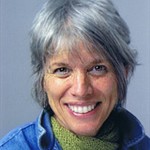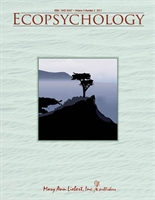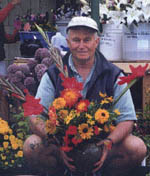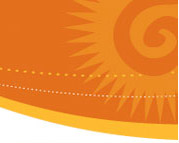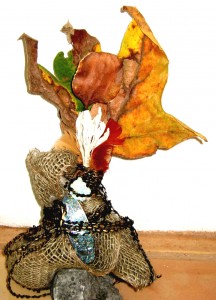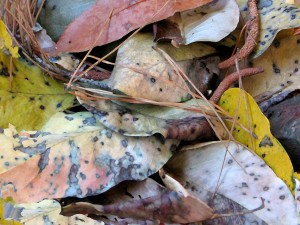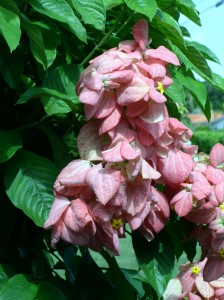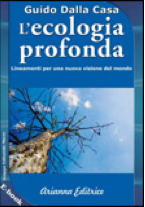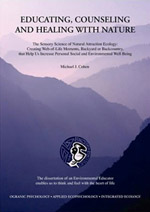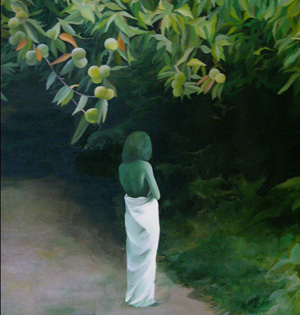The Soul of Sensing Beings (AnimAnimali)
by Guido Dalla Casa
This article about the soul of sensing beings is an English translation of an Italian article published on Marcella Danon’s Italian e-zone, Ecopsicologia.net.
 What soul is
What soul is
The idea of soul is connected with a stable, permanent, autonomous and unitary entity in all Western culture tradition and in Judeo-Christian and Islamic religion teachings. It “exists” or “doesn’t exist”: it’s attributed exclusively to a human being and only to an individual.
Continue Reading →


